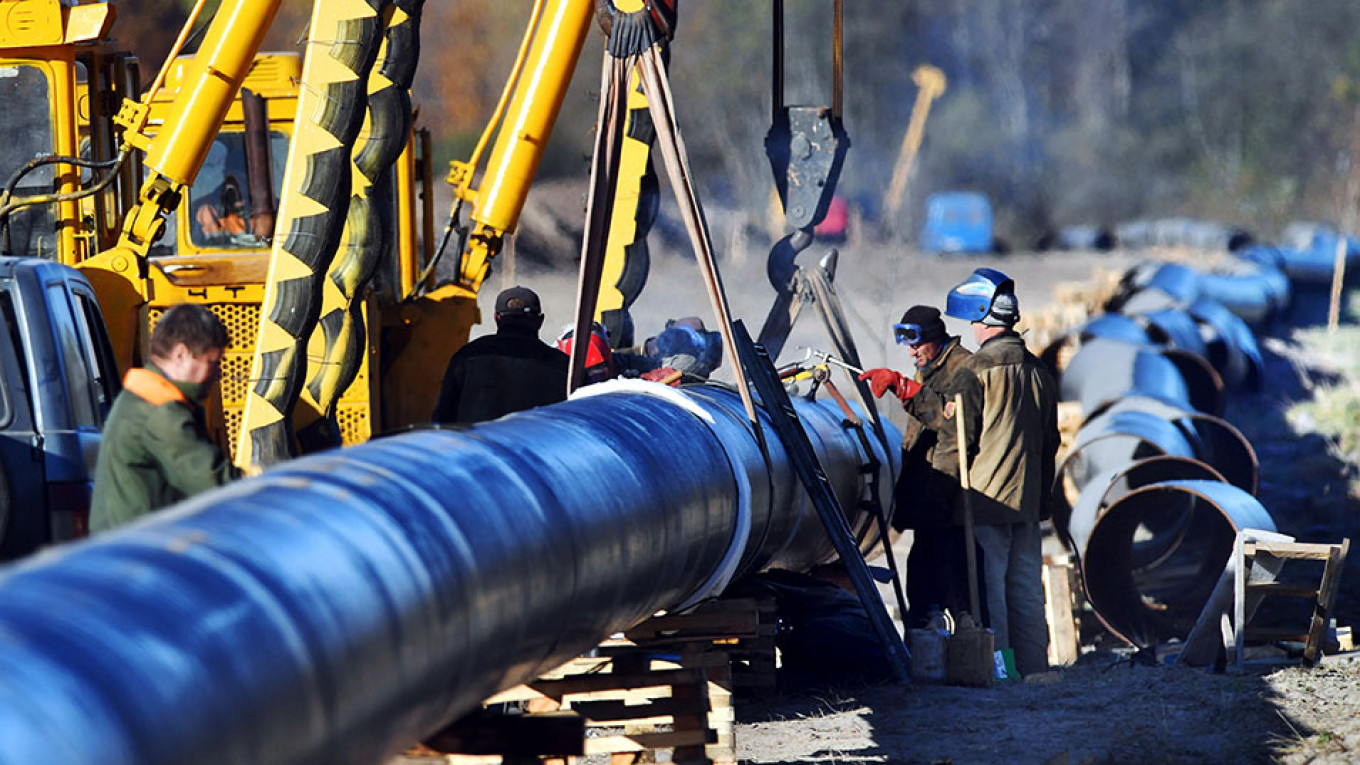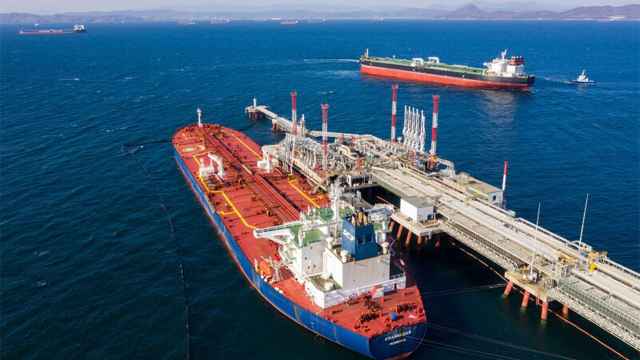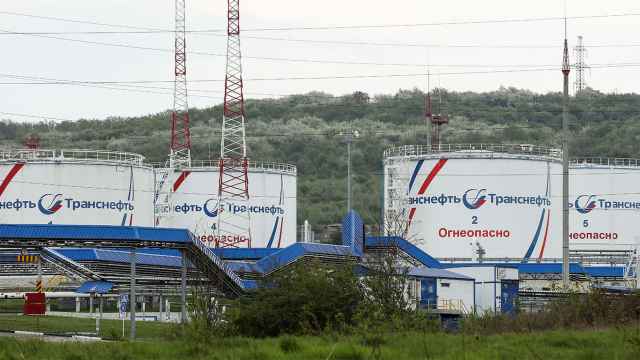Total and Eni have stopped payments for the contaminated oil sold to them by Russian firms and said they will only pay when compensation is agreed, trading sources said, upping the stakes in what the sources say is Russia's worst oil supply disruption.
The French and Italian oil majors told their suppliers, including Russia's Rosneft and Surgut, that they would be ready to make payments when the extent of damages is clear and would pay for clean oil when supplies resume, the sources said.
Total and Eni are big buyers of Russian oil and are still purchasing it via multiple routes besides Druzhba, which is a major pipeline from Russia to Central Europe and Germany.
Sources have said payments for clean oil are continuing as usual and that oil that had been shipped in early April before Druzhba was contaminated had also been paid in full.
Payment for millions of barrels of contaminated oil, that have now been stuck for weeks in pipelines, was due on May 15.
"Why would anyone want to pay for this oil? Strictly speaking it is not oil and no one in Russia is able to explain clearly who will compensate whom and when," one trading source familiar with the development said.
In theory, Western buyers are entitled to refuse to pay for oil they had bought without knowing it was contaminated because every contract for oil sales is accompanied with a quality passport that will show oil is not up to standard.
However, sales along the Druzhba pipeline are governed by Russian law, which states that the payment must be made and if the quality is not good enough this must be accompanied by a claim for damages, which can then take months or years to process.
"Our position is clear. Western companies must pay and then submit claim damages that we can address later," said a trading source with a major Russian producer.
Russian producers have already paid taxes such as export duties and mineral extraction levies to the Russian state for the oil they sold in April, putting them under pressure to recoup money they had expected to receive from the buyers.
Total, Eni, Rosneft and Surgutneftegaz did not respond to requests for comment.
Belarus has estimated the volumes of contaminated oil at around 9 million barrels, which in normal circumstances would be worth more than $500 million at current prices.
"This is probably the biggest Russian oil supply disruption ever. Oil along Druzhba continued to flow during the 1969 Prague Spring uprising, and in 1991 when the Soviet Union was collapsing," a second trading source said.
Russia's only previous significant disruption of exports via Druzhba was at the end of the last decade when Moscow suspended shipments for three days over a pricing dispute with Belarus.
Escalating crisis
The crisis has escalated since Belarus told oil refiners and pipeline operators in Europe nearly four weeks ago that the crude heading down the 5,500 kilometerm (3,400 mile) Druzhba pipeline was heavily contaminated with organic chloride, which is used to clean oil wells and accelerate the flow of crude.
Russian oil flows via Druzhba were halted, sending crude to a six-month high above $75 a barrel and tarnishing Russia's reputation as an exporter at a time of rising competition with the U.S. and Middle East.
Russia has since said the oil was contaminated deliberately by an unnamed local producer while Belarus said it would take months to restore clean oil supplies to Europe.
Organic chloride should be removed before oil enters the supply chain as it can damage refining equipment. To get the pipeline working again the dirty oil needs to be removed and stored so it can be diluted with clean oil.
Traders estimate this process for all the contaminated oil in Druzhba would cost tens of millions of dollars, while the question of who should pay remains unanswered.
Last week, the buyers suggested Russian producers give guarantees in the form of bank deposits that they will contribute to the clean-up, according to several trading sources. But no solution has been found so far.
Oil was meant to be supplied to Germany's refineries Leuna, belonging to Total, and Schwedt, which is co-owned by Rosneft, ENI and Shell. It was also meant to be shipped to PKN Orlen and Grupa Lotos refineries in Poland.
"To date no company has taken on the responsibility of paying the damages due to the reduction in capacity, which also affects the refinery in Schwedt, which is 8 percent owned by Eni," Eni said last week.
A Message from The Moscow Times:
Dear readers,
We are facing unprecedented challenges. Russia's Prosecutor General's Office has designated The Moscow Times as an "undesirable" organization, criminalizing our work and putting our staff at risk of prosecution. This follows our earlier unjust labeling as a "foreign agent."
These actions are direct attempts to silence independent journalism in Russia. The authorities claim our work "discredits the decisions of the Russian leadership." We see things differently: we strive to provide accurate, unbiased reporting on Russia.
We, the journalists of The Moscow Times, refuse to be silenced. But to continue our work, we need your help.
Your support, no matter how small, makes a world of difference. If you can, please support us monthly starting from just $2. It's quick to set up, and every contribution makes a significant impact.
By supporting The Moscow Times, you're defending open, independent journalism in the face of repression. Thank you for standing with us.
Remind me later.







